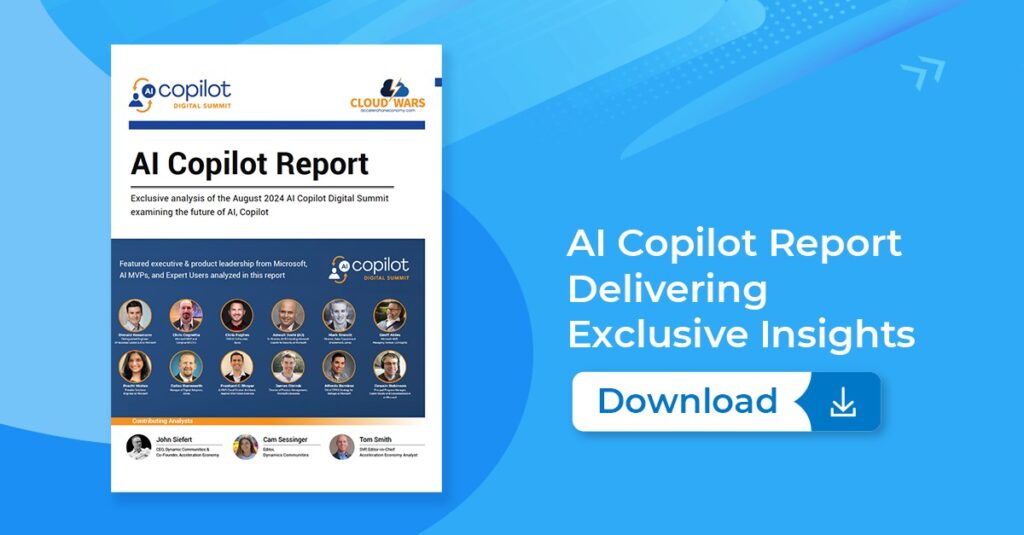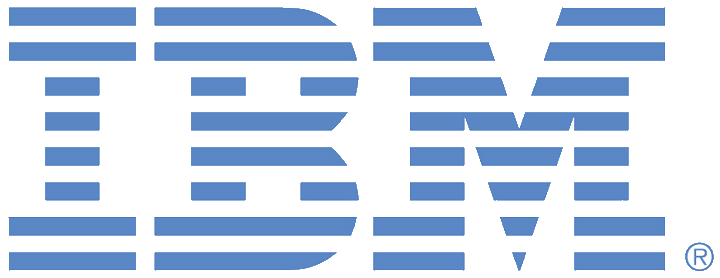
If you think the AI Revolution has been a mind-bender — and it certainly has — bear in mind that an even more-disruptive tech upheaval is looming as the mainstreaming of quantum computing is getting closer now that IBM has opened its second quantum data center.
IBM’s decision to build this second quantum data center outside the U.S. — it’s in Ehningen, Germany — reflects the growing global interest in harnessing the almost unfathomable power of quantum computing. Data sovereignty has become a board-level issue, and by basing its second quantum data center in Germany, IBM can more readily engage with major corporations and research labs in Germany and across Europe who want to get in early on the quantum revolution. An IBM press release offers some nice perspective on the Ehningen facility and the early partners who are working with IBM in that new data center.
While stable and commercial-grade quantum computing is still in its infancy, I tip my cap to IBM for continuing to take bold steps in showcasing how this extraordinary new technology can be made accessible to businesses today — even on a limited basis — despite its science-fiction-like requirements. Those include extreme-temperature environments and radically different physical environments due to the wildly complex blend of advanced computer science, quantum mechanics, materials science, software engineering, nanotechnology and more. After all, this image of an IBM quantum computer from the IBM Newsroom doesn’t exactly look like your typical server rack, does it?

Along with creating this unprecedented level of technological wizardry, IBM has also crafted a highly innovative set of partners, a collaborative network made necessary by the size and complexity of the quantum computers themselves. The key to enabling those partners to tap into the early-stage quantum systems and data centers is having the cloud serve as a delivery vehicle. That approach is similar to — although on a vastly smaller scale — to the way in which the big cloud-infrastructure companies are using the cloud to make even the most-advanced AI services accessible to businesses large and small across the globe.
At the new IBM Quantum Data Center in Germany, two of IBM’s Eagle quantum computers are providing services and will soon be joined by three of IBM’s newest generation of Heron quantum systems. When those new quantum systems come online, IBM said, “These systems are capable of performing computations beyond the brute-force simulation capabilities of classical computers.”
Again, that core technology is vital, but it’s in an adjacent area where I believe IBM is making enormous strides of a very different kind and in parallel with its technology advances: its global quantum network of partners and customers.
That network, says IBM, includes 250 “enterprises, universities, research institutions, and organizations” that will soon be able to tap into the power of the new Heron systems, which offer “up to a 16-fold increase in performance and 25-fold increase in speed over previous IBM quantum computers as they were measured two years ago,” according to the IBM press release.
At the grand opening of the Ehningen facility, here’s what a few of those partners said about their belief in the power of quantum computing and their partnerships with IBM (excerpts are from the IBM press release).
Volkswagen Group: “Quantum computing can be the next big thing to solve problems in material science, traffic optimization, or deep learning, that may change the world,” said Dr. Nikolai Ardey, executive director of Volkswagen Group Innovation. “IBM’s Quantum Data Center in Europe provides access to their unique quantum infrastructure and thus, represents another indispensable piece of the bridge between quantum computers and industrial application at scale.”
Credit Mutuel Alliance Federale: “Our collaboration with IBM for the ‘scaling’ phase of quantum computing is progressing according to plan. We are working to develop concrete applications that improve the experience of our customers and members, and create value for the Group’s businesses,” said Deputy Chief Executive Officer Frantz Ruble. “The availability of this quantum data center on European soil addresses our constraints in terms of processing proximity and Crédit Mutuel’s approach to regulatory compliance.”
Donostia International Physics Center: “We believe that enabling our scientists and engineers to tackle demanding problems in materials sciences, high-energy physics, and biosciences through quantum computing, and providing state-of-the-art quantum computing access will be key to make disruptive progress in all those disciplines,” said DIPC professor Javier Aizpurua.
Bosch (Robert Bosch GmbH): “Bosch aims to drive innovation in the field of material simulation using quantum computing. In partnership with IBM Quantum, our team is creating scalable algorithms that aim to revolutionize product development. This includes the creation of new materials for sustainable, carbon-free mobility and the reduction of rare earth elements,” said Dr. Thomas Kropf, President of Corporate Sector Research and Advance Engineering, Robert Bosch GmbH. “The European IBM Quantum Data Center allows us to run quantum calculations in close proximity, supporting Bosch’s approach to compliance with European data protection regulations.”
Final Thought
Just as great innovation in go-to-market models and deployment models and ecosystem programs have become incredibly important in the Cloud Wars, it’s clear that a similar dynamic —spanning both technological innovation and how it can be put in the hands of business leaders — is becoming indispensable in the emergent world of quantum computing.
Hats off to IBM for its progress to date.

AI Agent & Copilot Summit is an AI-first event to define opportunities, impact, and outcomes with Microsoft Copilot and agents. Building on its 2025 success, the 2026 event takes place March 17-19 in San Diego. Get more details.
.










